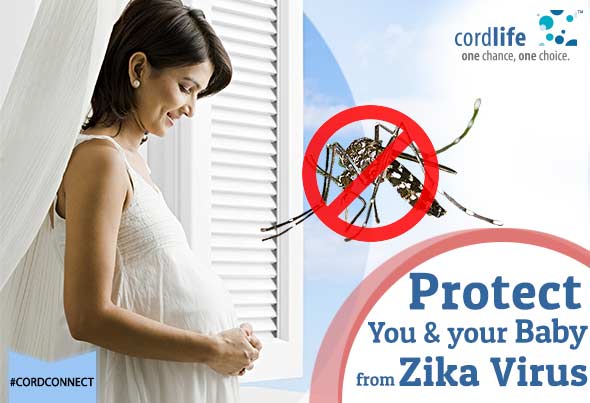Table of Contents
Zika virus belongs to the virus family Flaviviridae & the genus Flavivirus. The virus is spread through daytime-active Aedes mosquitoes, namely A. aegypti.
The virus causes mild illness known as Zika fever in humans, and since 1950s it has been known to occur within a thin equatorial belt from Africa to Asia. In 2014, the virus spread eastward through the Pacific Ocean to French Polynesia, moving towards Easter Island & eventually reaching Mexico, Central America, Caribbean, & South America. Now Zika outbreak has become a global threat as it has reached pandemic levels.
The Zika virus is closely associated with dengue, yellow fever, Japanese encephalitis, & West Nile viruses. The illness is very much like dengue fever, which is treated by rest and does not have any medical cure as yet.
Medical association has theorised a possible link between Zika fever & microcephaly in new-born babies caused by transmission from mother to child. In January 2016, the U.S. Centres for Disease Control & Prevention (CDC) delivered travel guidance on countries affected with Zika virus, which includes greater precautions & guidelines for pregnant women.
Things to Keep in Mind for Pregnant Women Travelling to Places Affected With Zika Virus
As there is no vaccine and prophylactic medication for curing Zika virus infection, it is highly advisable for all pregnant women to consider postponing their travel to places affected with Zika virus. If a pregnant woman has to travel to an area affected with Zika virus, she should strictly protect herself from mosquito bites. Mosquitoes that carry Zika virus can be found both indoors & outdoors, mostly during daytime, so it is necessary to keep yourself protected from mosquito bites throughout the day. Some of the effective ways to avoid mosquito bites are by covering yourself with long-sleeved shirts & long pants, and usage of effective insect repellents. While staying in a Zika affected region, always make sure that you are in screened-in or air-conditioned rooms.
How to Treat Pregnant Women Diagnosed With Zika Virus Disease
There are no specific antiviral treatments available for Zika virus disease. Treatment for Zika virus includes lot of rest, intake of fluids & use of analgesics & antipyretics. Conditions like fever can be treated with the help of acetaminophen. However, medication like aspirin & other nonsteroidal anti-inflammatory drugs are not advised during pregnancy, these medications should not be considered till the time dengue is not completely ruled out as it increases the risk for haemorrhage.
If a pregnant woman is confirmed to be affected by Zika virus, one should consider suggesting serial ultrasounds to keep a check on fetal anatomy & growth every 3 to 4 weeks. Referral to any specialist in maternal-fetal medicine or infectious disease with experience in managing pregnancy is highly advisable.
